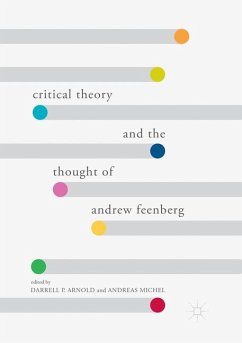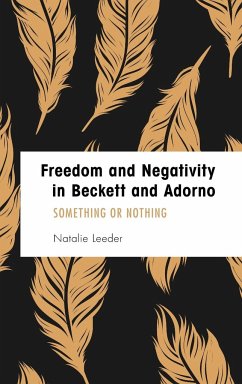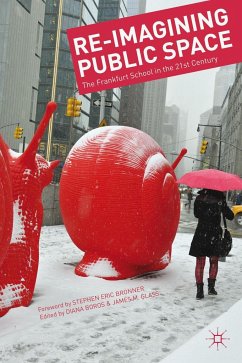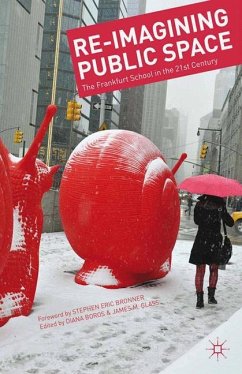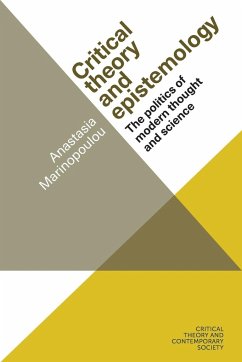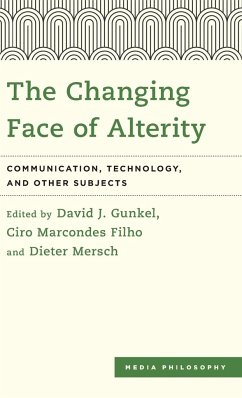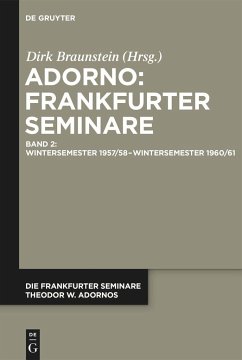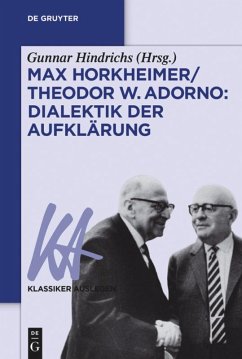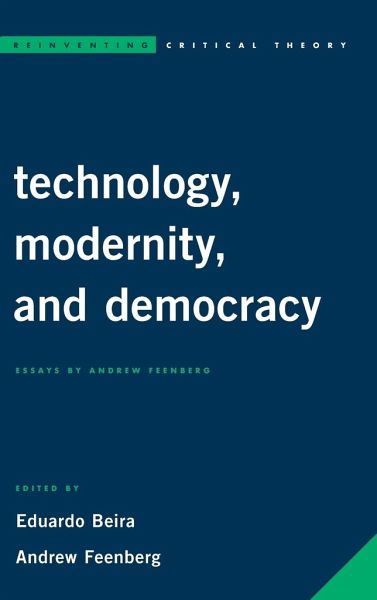
Technology, Modernity, and Democracy
Essays by Andrew Feenberg
Herausgeber: Beira, Eduardo; Feenberg, Andrew
Versandkostenfrei!
Versandfertig in 1-2 Wochen
133,99 €
inkl. MwSt.
Weitere Ausgaben:

PAYBACK Punkte
67 °P sammeln!
This important collection of essays by Andrew Feenberg presents his critical theory of technology, an innovative approach to philosophy and sociology of technology based on a synthesis of ideas drawn from STS and Frankfurt School Critical Theory. The volume includes chapters on citizenship, modernity, and Heidegger and Marcuse.





